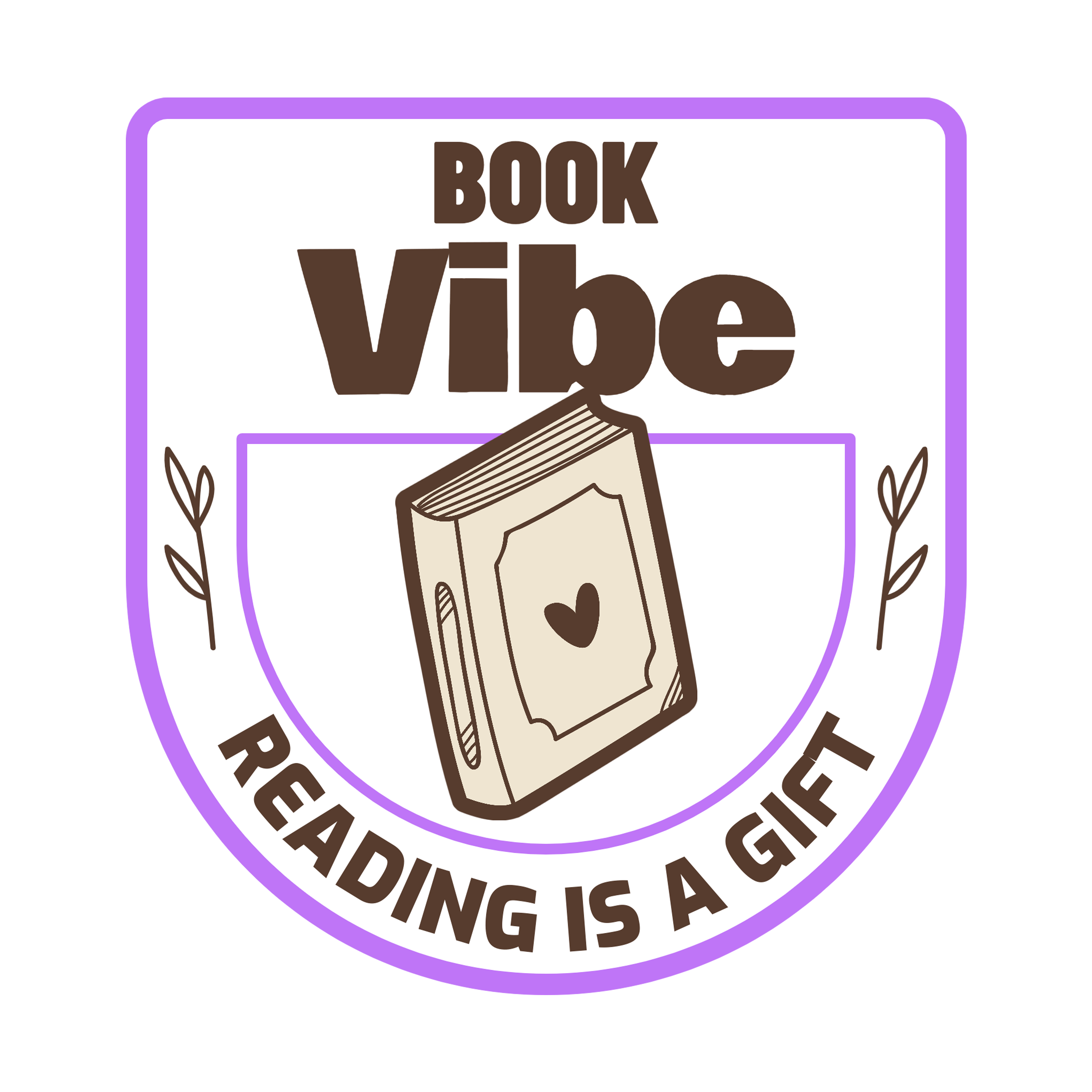
Writing a book is more than simply having a creative idea—it’s about shaping that idea into a captivating story that resonates with readers. Many new writers begin with excitement but soon encounter obstacles such as weak structure, flat characters, or inconsistent pacing. These challenges can make the process overwhelming and may even lead to abandoning a promising project before it’s finished.
Fortunately, online courses and specialized learning resources can guide you through these hurdles. Much like how a custom essay writing service provider helps students refine their academic work, book writing programs offer expert advice, structured lessons, and practical tools to strengthen your craft. With the right approach, you can master storytelling fundamentals, sharpen your editing skills, and gain valuable feedback from experienced authors. This article will walk you through the essential skills, top online courses, and supportive resources to help you confidently progress from idea to finished manuscript.
Understanding the Key Elements of Book Writing
Before starting a course, it’s important to know the core elements that make a book engaging. These foundational skills—story structure, character development, worldbuilding, voice, and editing—apply to every genre. Understanding them early not only strengthens your writing but also helps you choose courses and resources that address your specific needs, ensuring your learning is focused and your progress as a writer is faster and more effective.
Story Structure – The backbone of any book. This includes outlining, identifying key plot points, and maintaining a satisfying arc from beginning to end.
Character Development – Readers connect with well-rounded, believable characters. Learn to create personalities with depth, flaws, and goals.
Worldbuilding – For fiction and memoirs alike, the setting shapes the mood and supports the plot. It’s about creating a believable, immersive environment.
Voice and Style – Your unique way of telling a story. This includes word choice, tone, and rhythm.
Editing and Revision – Writing is rewriting. Mastering self-editing and understanding when to seek professional help is essential.
Here’s a quick snapshot of what each element contributes:
| Element | Purpose | Common Mistake |
| Structure | Keeps readers engaged | Skipping planning |
| Characters | Creates emotional connection | Stereotypes |
| Worldbuilding | Enhances immersion | Overloading details |
| Voice & Style | Makes writing unique | Copying others |
| Editing | Polishes final work | Rushing the process |
Knowing these basics will help you get more out of any online course you choose.
Leading Online Courses for Learning Book Writing
If you’re ready to develop your writing skills, you’ll find plenty of excellent online book writing courses to choose from. These programs cater to all levels, from beginners seeking basic storytelling techniques to advanced writers refining their craft.
 With options ranging from affordable self-paced lessons to intensive workshops, there’s a course to match every budget, schedule, and learning style, helping you take meaningful steps toward completing your book.
With options ranging from affordable self-paced lessons to intensive workshops, there’s a course to match every budget, schedule, and learning style, helping you take meaningful steps toward completing your book.
- MasterClass – Features bestselling authors like Margaret Atwood and Neil Gaiman. Great for learning storytelling techniques from literary masters. Price: around $180/year.
- Coursera & edX – University-style courses covering creative writing and novel development. Many are free to audit, with paid certificates available.
- Udemy & Skillshare – Affordable, flexible learning for beginners to intermediates. Courses often include lifetime access and downloadable resources.
- Gotham Writers Workshop – Offers intensive workshops with peer feedback, ideal for those wanting more interaction and guidance.
- Reedsy Learning – Free, email-based lessons from publishing professionals. Perfect for bite-sized learning at your own pace.
When choosing, consider:
- Your current skill level
- Preferred learning style (video, text, assignments)
- Budget and time commitment
For beginners, platforms like Udemy or Reedsy are low-risk ways to start. For serious long-term growth, MasterClass or Gotham Writers Workshop offers deeper insights. Lrnkey’s online tutoring platform is another great option for personalized learning.
Additional Online Resources to Support Learning
Many people are wondering if AI can substitute writers, but the idea is that every writer has their own style, tone, and attitude that no machine can fully repeat. Courses provide structure, but additional resources keep you motivated and connected. Combining both ensures steady progress and a richer learning experience. Writing communities, podcasts, blogs, and tools offer feedback, inspiration, and practical tips that extend beyond formal lessons. By using these alongside your chosen course, you create a well-rounded approach to learning the craft of book writing and maintain the momentum needed to complete your manuscript.
Writing Communities
- Scribophile – Detailed feedback from other writers.
- Critique Circle – A points-based system for exchanging critiques.
- Reddit Writing Communities – Subreddits like r/writing and r/DestructiveReaders for advice and feedback.
Podcasts & YouTube Channels
- Writing Excuses – Short, focused discussions on craft.
- The Creative Penn – Tips on writing, publishing, and marketing.
- YouTube channels like Jenna Moreci and Abbie Emmons for practical advice.
Blogs & Newsletters
- Jane Friedman’s blog for publishing insights.
- Reedsy’s newsletter for weekly writing tips.
Writing Tools
- Scrivener – All-in-one writing software.
- Plottr – Visual plotting tool.
- Google Docs – Simple, collaborative option.
These resources keep you learning even when you’re not enrolled in a course. They also provide networking opportunities, which are invaluable in a writer’s journey.
How to Choose the Right Course or Resource
With so many choices, picking the right one can be overwhelming. Here’s a simple decision-making process to guide you:
- Assess Your Skill Level
- Beginner – Start with free or low-cost courses to build fundamentals.
- Intermediate/Advanced – Look for specialized workshops or author-led programs.
- Define Your Learning Style
- Do you prefer video lessons, interactive workshops, or text-based materials?
- Check Instructor Credentials
- Research the instructor’s background to ensure they have proven experience.
- Read Reviews
- Look for detailed student feedback rather than just star ratings.
- Consider Budget vs. Value
- A more expensive course can be worthwhile if it offers personal feedback or lifetime access.
- Practice Outside the Course
- Apply what you learn immediately. Consistency is the secret to mastering book writing.
The perfect course is one that matches your goals, fits your lifestyle, and keeps you motivated. Combine it with ongoing resources, and you’ll steadily progress from a beginner to a confident author.
Bottom Line
Mastering the craft of book writing takes more than inspiration—it requires dedication, structure, and a willingness to keep improving. Online courses and resources give you the tools to refine your skills, understand story mechanics, and connect with a community that supports your growth. Whether you’re starting with a rough idea or polishing a complete draft, these platforms offer guidance every step of the way.
The most important thing is to take consistent action. Choose a course or resource that fits your goals, apply what you learn immediately, and keep practicing until writing becomes second nature. With persistence and the right support, you can transform your ideas into a compelling book that not only tells your story but also captures the hearts of readers. Your journey as an author starts with a single step—and the best time to take it is now.
